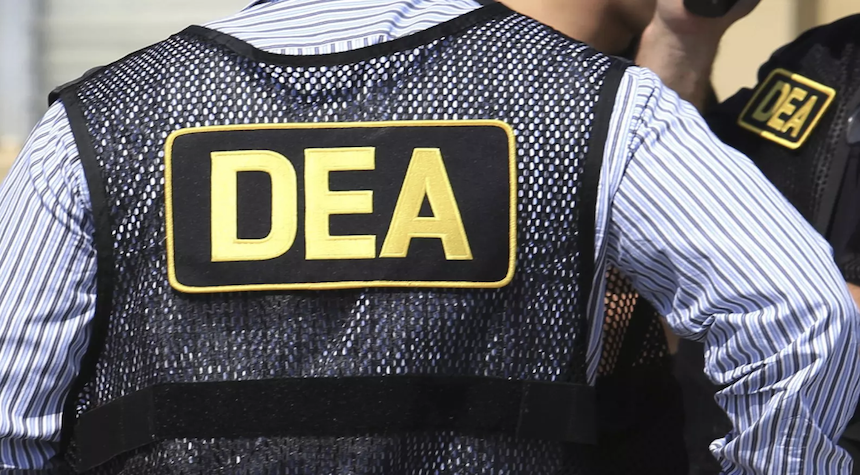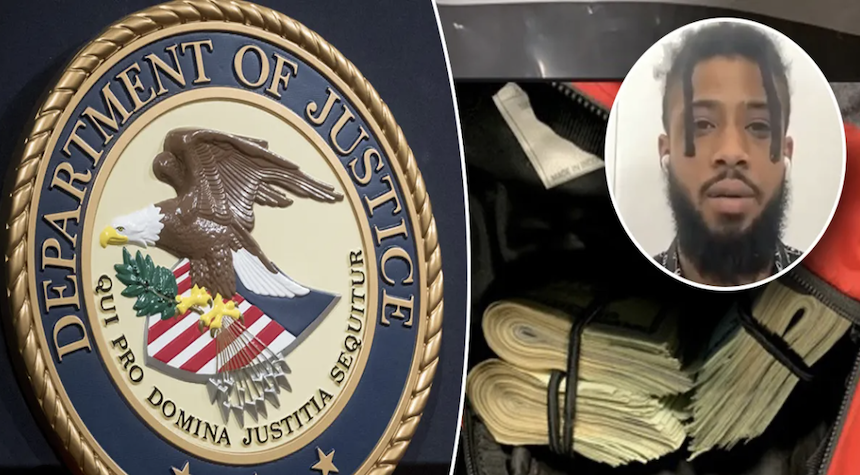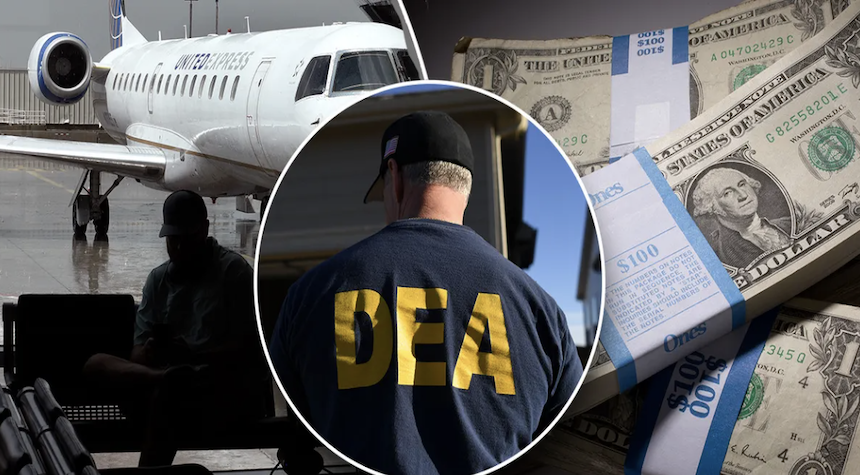The U.S. Department of Justice halted a program that allowed U.S. agents for drug enforcement to search the bags of airline passengers and seize cash without a criminal charge or warrant.
According to a DOJ memorandum, plain-clothed Drug Enforcement Administration (DEA) agents would approach individuals they thought were traveling with large amounts of cash or heading to an area where there was heavy drug traffic.
Agents would search travelers’ bags and confiscate their cash, even if they were not guilty. They then sent them on their way. The process of recovering the confiscated money is complex and can result in expensive legal fees. Many travelers never received their money back.
The inspector general of the United States stated in the memo that DEA personnel posed “potentially substantial operational and legal risk.”
Brian Moore, a 31-year-old man, decided to move from Atlanta to Los Angeles to pursue a career in 2021. On his journey from Atlanta to LA he was stopped due to the large amount of cash he had.
Cash received from the sale of a vehicle.

He explained, “They told me I had $8.500.” I got the money by selling the car my grandfather left to us after he died. It was the last thing we had of him. We collectively decided as a family that I should sell the car and use the money to further my music career.”
The agents took Moore’s cash in a “cold-consent encounter” practice.
Stacy Esposito, a victim of the massive loss of $42,000, spoke out about it.
“There was nothing to suggest that I was involved in anything illegal.” I did not carry or have any drug paraphernalia. Nothing. Esposito said that there was no reason to believe that the money used was connected with, or for, any illegal activity.
Esposito stated that she and her husband flew from Wilmington, North Carolina with the money they received from selling their vehicle. The couple’s money was stolen before they could even pass through security.
Esposito replied, “They said that you can get your money back if you can prove what you tell us is true.” “And that’s it. He gave us a card, sent us off without a receipt or anything. “Just took the money and sent us on a plane.”

Esposito’s job was lost even though she wasn’t charged.
She said that she was suspended during the investigation, and added that it took more than the 90 days allotted by the company, so she would have had to resign or be fired.
According to sources, the Transportation Security Administration will often alert the DEA if they see cash in a bag. According to Reuters, the money seized is usually split between law enforcement agencies that were involved in the search.
The DEA also said that suspicion increases if a ticket is purchased at the last minute.
People who have had their money taken, even if they have not been charged with a crime, have to go through a certain process to recover it: They must prove that the seizure was not related to criminal activity. This can be time-consuming and expensive, so many people have to say goodbye forever to their money.
The Institute for Justice filed a lawsuit on behalf of victims against TSA and DEA.



